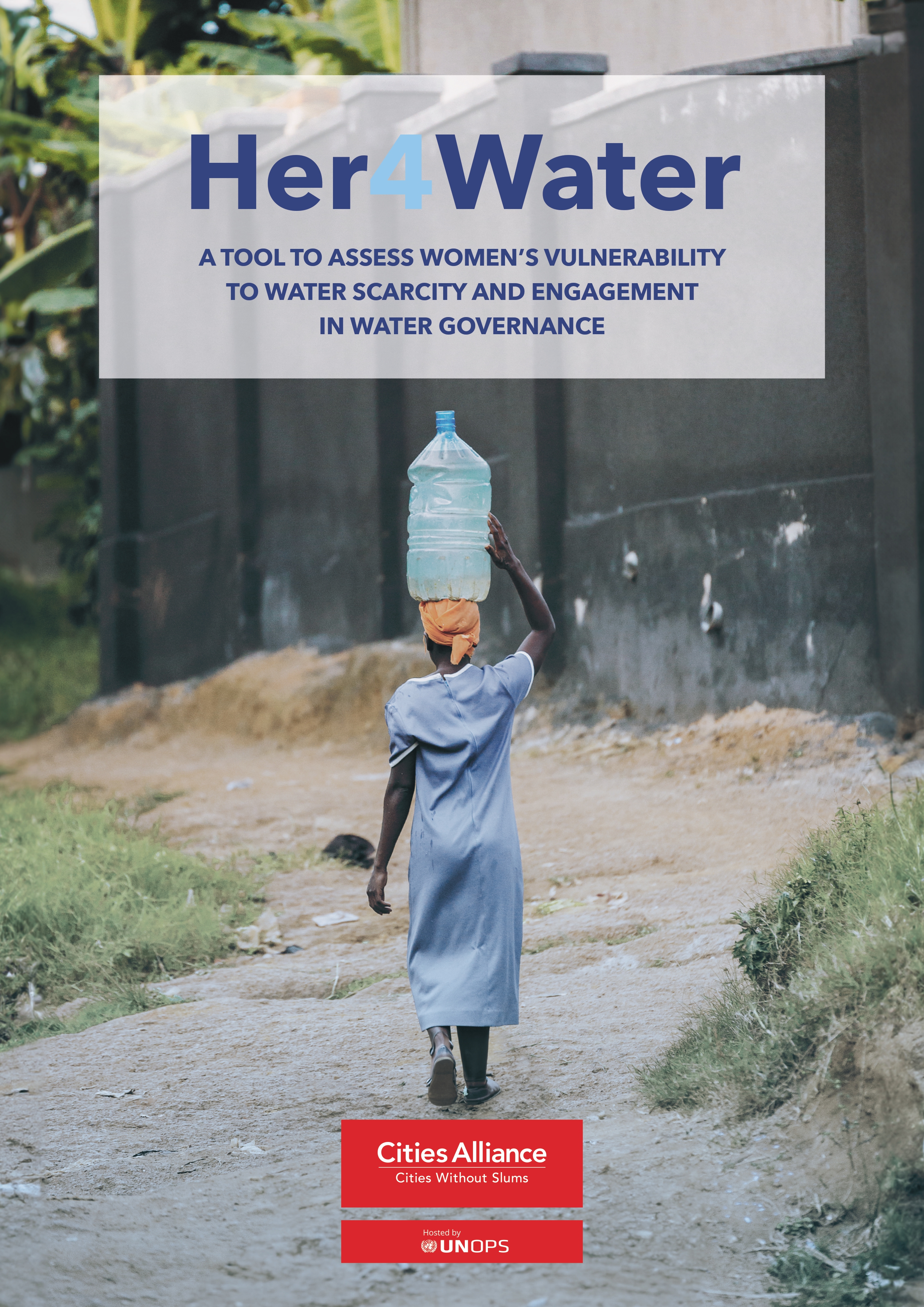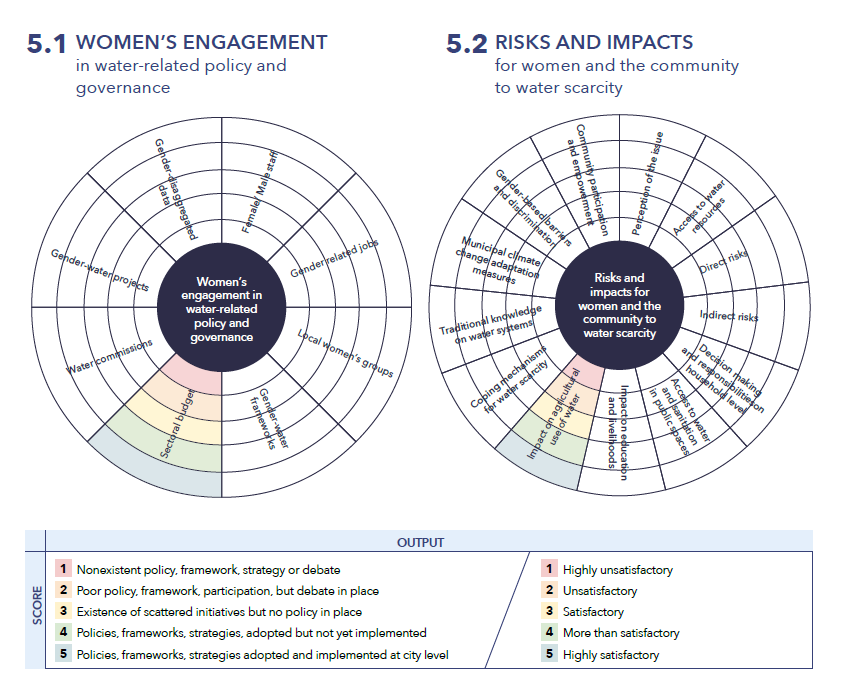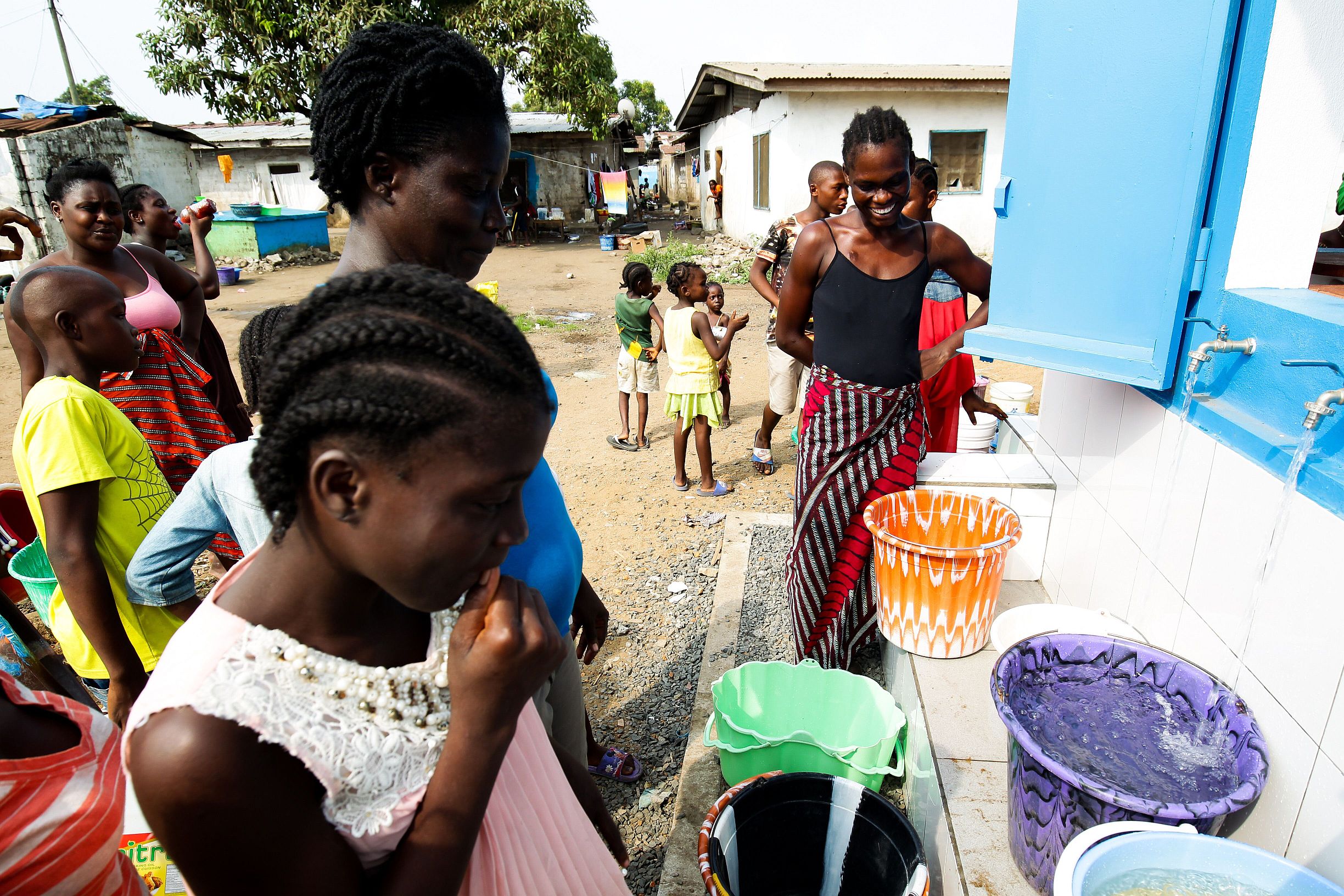
Water stands as a pivotal nexus within the intricate web of global crises, ranging from climate change to inequality. Yet, despite these challenges, effectively managing and governing water can significantly impact combatting the climate crisis, addressing biodiversity loss, fighting poverty, and tackling other complex issues.
Often, women and girls bear the brunt of water stress and scarcity due to societal roles. Despite their crucial roles in livelihoods and food security, their engagement in water resource management remains constrained.
In developing economies, only 17 per cent of those working in water and hygiene are women, even though they are responsible for fetching water in 7 out of 10 households that lack access to it on-site.
Water can be a powerful force in diminishing gender disparities and fueling women's empowerment.
Cities Alliance has responded to reshape this narrative with Her4Water, an intuitive tool crafted to bolster local governments' comprehension of gender-specific challenges tied to water scarcity. Supported by the Swedish International Development Agency (Sida), the tool contributes to promoting women's participation in water management and enhancing their economic independence and well-being.
Her4Water serves as a repository of essential gender insights, increasing awareness and building the capacity of local stakeholders to collect and analyse sex-disaggregated water data. It also plays a role in making better and lasting water plans and projects that don't only help women and girls but also whole communities.

Available in English, French and Arabic, the tool can easily be deployed in urban and peri-urban areas, spanning different contexts from cities to neighbourhoods and communities.
Amidst the urgency of the climate crisis and escalating water scarcity, harnessing the power of women and girls in water governance and climate adaptation strategies is pivotal. Acknowledging their voices and expertise as champions in climate and water domains paves the path toward building more resilient, sustainable, and all-encompassing cities and communities.
The Her4Water tool will soon be deployed in Figuig (Morocco), Kairouan (Tunisia), and Sebkha (Mauritania), as part of Cities Alliance's Women and Sustainable Cities Regional Programme.
For more information or to explore tool implementation in specific contexts contact us: gender@citiesalliance.org



